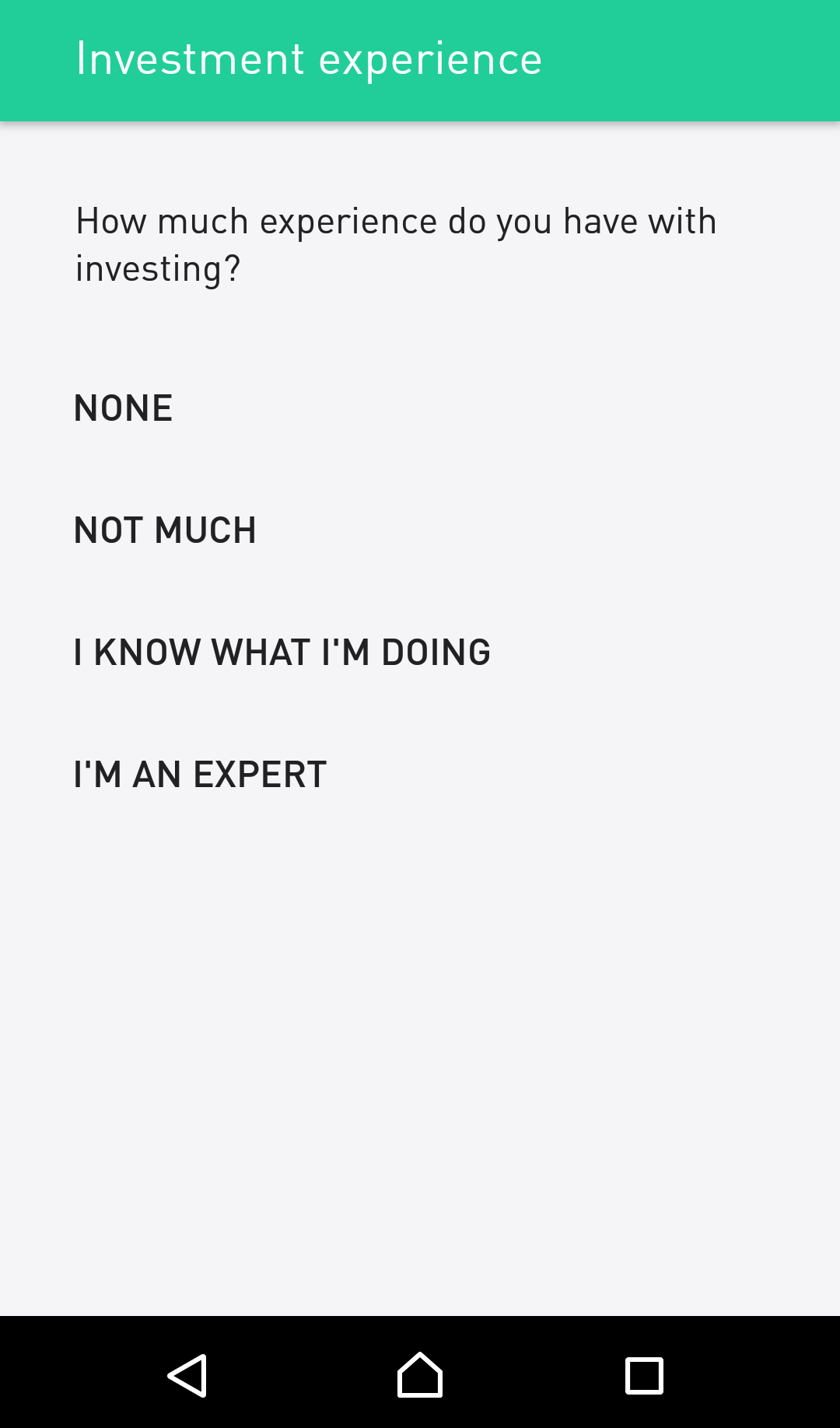
Most people have heard that the best time to purchase bonds is during a financial crisis. It is true. This is true. Avoid bonds issued by companies with poor credit ratings. Instead, keep your higher returns in equities. It is a good time for you to invest in bonds if this is your first time. Here are some things to keep in mind:
Purchase bonds at a premium
Look at the options available to you when buying premium bonds. While premium bonds can be more costly than municipal bonds but offer tax-free coupon payments, premium bonds are still cheaper than municipal bonds. Premium bonds can have a tax-advantaged characteristic called accretion. This could allow for ordinary income or capital gain at maturity. It is imperative that you carefully review the investment strategy as well as the interest rate environment before you buy these types of bonds.

Premium bonds are best known for their higher interest rates. Premium bonds can require higher initial investment, however. Premium bonds are more expensive because they offer lower default risk. These investments are also often sold at a premium. A prime example of a premium bond is an 8% bond issued by ABC International. You can purchase the bond at a lower price than its par value as long as your credit rating is higher.
You can purchase individual bonds using your brokerage account. You can buy bonds using the same brokerage account as you trade stocks or mutual funds. Many brokerages allow you to buy these bonds. Compare the investment options they offer and the fees they charge. You might consider buying premium bonds by consulting a financial adviser - smartasset, a free online directory that connects you with local advisors to invest with them, is an option.
Bonds at a Discount
Buying bonds at a discount is a good idea if the coupons are lower than the market rate. This is because investors want higher profits and don't want low coupon rates. However, this is offset by the discount provided upfront. These are some tips for buying bonds at a discounted price:
Before you purchase bonds at a discount, you should understand the rules and regulations surrounding these investments. First, you should always check the tax treatment of municipal bonds. Some bonds are exempted by capital gains tax and others are subject to the ordinary income tax rate. It is important that you are aware of which bonds are exempted by capital gains tax. Municipal bonds currently have a tax rate of 28%. It is best not to invest in bonds that mature over a long period of time.

A second option is to find a company that offers discounts on individual bonds. Most people buy individual bonds through brokers, who then add their commission to the bond price. Since you don't see the whole cost, you should check whether the discount is enough to make the purchase. Remember that you can always cash in early if the current market rate is not satisfactory.
FAQ
What is a bond?
A bond agreement between 2 parties that involves money changing hands in exchange for goods or service. It is also known as a contract.
A bond is normally written on paper and signed by both the parties. This document contains information such as date, amount owed and interest rate.
A bond is used to cover risks, such as when a business goes bust or someone makes a mistake.
Many bonds are used in conjunction with mortgages and other types of loans. This means the borrower must repay the loan as well as any interest.
Bonds can also raise money to finance large projects like the building of bridges and roads or hospitals.
A bond becomes due when it matures. When a bond matures, the owner receives the principal amount and any interest.
Lenders can lose their money if they fail to pay back a bond.
What is security in the stock market?
Security is an asset that generates income. The most common type of security is shares in companies.
One company might issue different types, such as bonds, preferred shares, and common stocks.
The earnings per share (EPS), as well as the dividends that the company pays, determine the share's value.
A share is a piece of the business that you own and you have a claim to future profits. If the company pays you a dividend, it will pay you money.
Your shares can be sold at any time.
How do you choose the right investment company for me?
You should look for one that offers competitive fees, high-quality management, and a diversified portfolio. Fees vary depending on what security you have in your account. Some companies charge nothing for holding cash while others charge an annual flat fee, regardless of the amount you deposit. Some companies charge a percentage from your total assets.
You should also find out what kind of performance history they have. A company with a poor track record may not be suitable for your needs. Avoid companies that have low net asset valuation (NAV) or high volatility NAVs.
It is also important to examine their investment philosophy. A company that invests in high-return investments should be open to taking risks. They may not be able meet your expectations if they refuse to take risks.
How are Share Prices Set?
Investors set the share price because they want to earn a return on their investment. They want to make a profit from the company. They purchase shares at a specific price. The investor will make more profit if shares go up. If the share value falls, the investor loses his money.
The main aim of an investor is to make as much money as possible. This is why they invest into companies. It helps them to earn lots of money.
Statistics
- Ratchet down that 10% if you don't yet have a healthy emergency fund and 10% to 15% of your income funneled into a retirement savings account. (nerdwallet.com)
- Our focus on Main Street investors reflects the fact that American households own $38 trillion worth of equities, more than 59 percent of the U.S. equity market either directly or indirectly through mutual funds, retirement accounts, and other investments. (sec.gov)
- Even if you find talent for trading stocks, allocating more than 10% of your portfolio to an individual stock can expose your savings to too much volatility. (nerdwallet.com)
- "If all of your money's in one stock, you could potentially lose 50% of it overnight," Moore says. (nerdwallet.com)
External Links
How To
How do I invest in bonds
An investment fund is called a bond. You will be paid back at regular intervals despite low interest rates. You can earn money over time with these interest rates.
There are many options for investing in bonds.
-
Directly buying individual bonds
-
Purchase of shares in a bond investment
-
Investing through an investment bank or broker
-
Investing through an institution of finance
-
Investing through a pension plan.
-
Invest directly through a stockbroker.
-
Investing via a mutual fund
-
Investing in unit trusts
-
Investing with a life insurance policy
-
Investing in a private capital fund
-
Investing with an index-linked mutual fund
-
Investing with a hedge funds